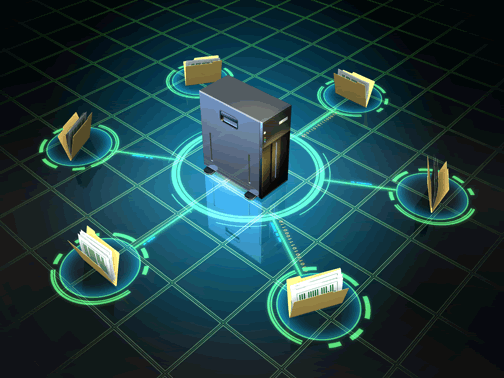We are living in the digital age and the business focus has been shifted to digital representations. This is especially true when many companies are aiming to achieve paper-less operations. However, we should know digital implementations have their own set of risks. In a paper-less environment, data and information exist in electronic formats. This situation escalates the importance of protecting digital data. In general, digital data is easy to handle, but it also means that data can be lost and damaged more easily. One of the solutions is through data archiving. It is essential for companies that handle a significant amount of data.
Before implementing data archiving, we should make sure that we have the appropriate logistic and monetary means. Data archiving should still allow organizations to retain a huge mass of redundant data efficiently. Data archiving is used for a long period of time, so it is important to ensure quick access. There’s an obvious reason why we should perform data archiving. For many companies today, electronic data is an essential asset and data archiving is no longer a luxury that can be used only by large corporations. Affordable, reliable and effective data archiving technology is not available for small and medium enterprises.

When planning to start a data archiving project, we should make sure that it will achieve a number of main goals. Data archiving shouldn’t only protect data from loss, but it should allows for quick access. The data archiving standard should meet the current requirements in the industry. It is important that the company is able to live up to the latest requirements in legislation and compliance. From medical records to legal contracts, companies need to have these data stored properly. Worst case scenarios related to the failures, loss and even destruction of data should be continuously considered.
Many companies already have backup systems in place. So, it is important for business owners to know about the differences between data back-up and data archiving. In general, data archiving operation is a method to store data for long preservation. It is intended to protect legacy and historic data that isn’t needed for daily operations. However, the data could occasionally be used for future references, when decisions need to be made based on previous experiences. Data archives are well optimized and indexed; so data can be identified, located and retrieved easily and quickly.
On the other hand, data backup is simply a storage to keep large volumes of data. The goal is to restore damaged data, if it is lost, corrupted and destroyed. Data backups are focused on storage, instead of retrieval. It isn’t necessary for data backups to be indexed. There are different media used for data backups, but they are usually in optical formats, such as DVD and Blu-Ray. These formats are affordable and can store large amount of data. However, it will be more difficult to index data in optical formats. On the other hand, data archiving uses large-capacity hard drives that can be indexed and optimized for file or entry searches.
